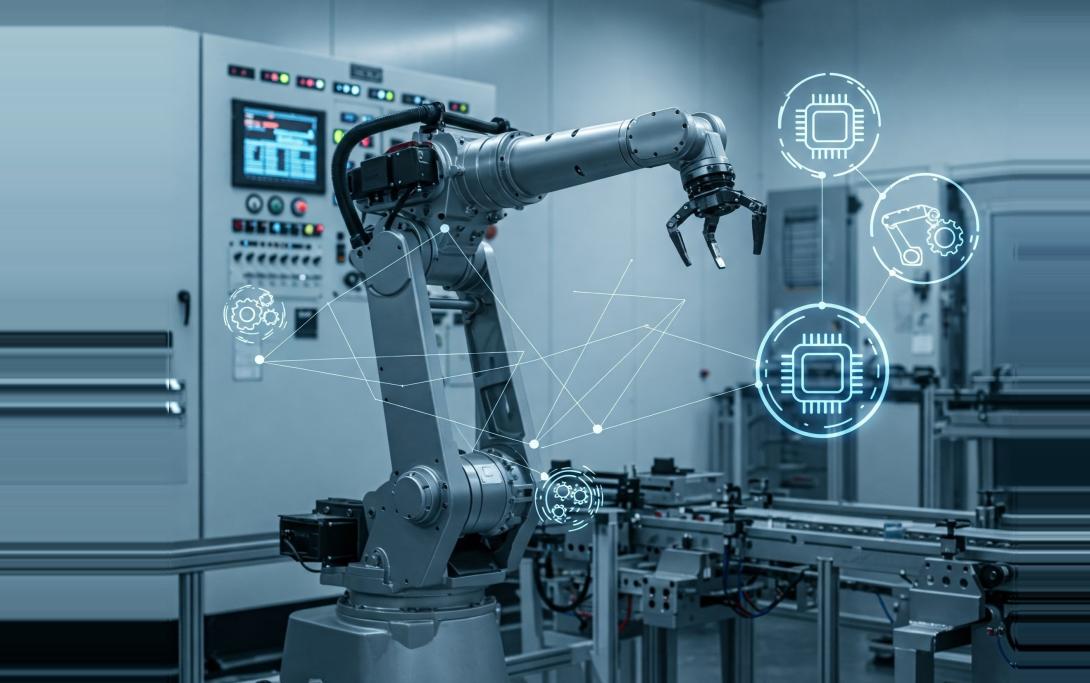The Master's Degree Courses provide for the acquisition of 120 undergraduate credits (CFUs), spread evenly over two years, each involving teaching activities for a total of 60 CFUs and distributed over a maximum of 12 exams.
Undergraduate credit is a measure of the effort required of a student to pass a teaching test (examination or proficiency test). Credits related to each teaching are acquired by the student after he or she passes the examination, with a grade expressed in thirtieths, or the aptitude test, without a grade, scheduled at the conclusion of the course.
In order to be admitted to these Master's Degree Courses, it is necessary to be in possession of a bachelor's degree or a three-year university diploma, or another degree obtained abroad, recognized as suitable. In addition, according to Law 270/2004, in order to be admitted to Master's Degree Courses, it is mandatory to apply for an initial assessment on one's three-year career before enrolling. In fact, there are specific access criteria that require the possession of curricular requirements and the adequacy of the student's preparation verified in a manner defined by each course.

The Master's Degree Programme for Management Engineering aims to train a professional figure capable of dealing with complex management and organizational problems of an interdisciplinary nature, analyzing economic-productive systems and processes in both industry and services.

The Master's Degree Programme for Mechatronics Engineering provides the multidisciplinary skills in the area of mechatronics (mechanical, electronic, automatic and computer science, etc.) updated to the modern state of the art, necessary to train the design engineer and the corporate research and development officer.

The Master's Degree Programme in Digital Automation Engineering provides the skills needed to meet the challenges and seize the opportunities of the digital revolution. Graduates will be able to manage the rapidly evolving technologies characterizing automation engineering, apply digital automation in the context of Industry 4.0, and collaborate effectively in complex, multidisciplinary projects.

The Master's Degree in Energy Engineering program aims to train experienced energy engineering professionals who can master, from both a theoretical and practical perspective, the methods and technologies of energy engineering in a multidisciplinary context in order to meet the challenges and opportunities of the energy transition and electrification.